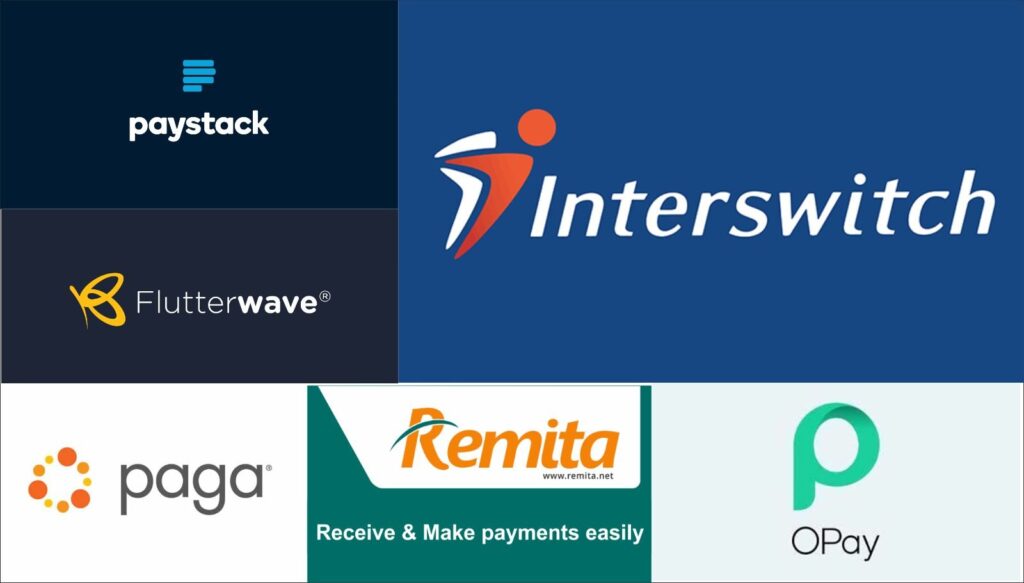With emphasis on convenience and reliability, 81% of bank account owners think Fintechs offer better services

The Issue
With over $9 billion in value pools, the Nigerian banking sector remains an attractive sector for investors. In the first nine months of 2020, Nigeria’s leading banks performed remarkably well as their earning results revealed much lower-than-expected loan loss provisions, coupled with exceptional revenue from the banks’ trading portfolios and mark-to-market gains. According to an EFG Hermes report, the stellar performance was attributed to the materially lower risk charge to the Central Bank’s lenient forbearance policy.
A Fintech ecosystem comprises financial institutions, startups, investors, regulators, consumers, and educational institutions. A well-developed ecosystem can support businesses in improving their products and services and addressing the challenges for citizens excluded from the socio-economic benefits provided by Fintech companies. Even the traditional banks are moving towards a more digital future, and they remain the biggest competition for Nigerian Fintech companies.
Despite the competition in the sector, the vast majority of consumers are underserved. Nigeria’s financial inclusion landscape offers both great hope and significant challenges. Six in ten Nigerians (60%) live below the poverty line, with research showing that being poor, rural and less educated are all barriers to inclusion. Nigerian banks still prove to be effective in bridging the gap, with nearly three in ten adults (29%) having bank accounts. Three in 100 adults (3%) have mobile money accounts, and the same number (3%) have non-bank financial accounts.
According to economist and strategy consultant Andrew Nevin, the future of the financial sector will only favour technology savvy investors. “By 2030, banks will be invisible. Asset management will be almost completely customised. Insurance will become co-creation on risk and not loss mitigation. 90% of transactions would be via mobile, and 99.99% of transactions will be electronic. People will own their own data. If you are not the best in analytic, you are not in business.”
The Question
As Africa’s largest economy, Nigeria offers significant opportunities for Fintechs and consumers. However, a significant concern associated with technology adoption in the country is security, which creates a perceived risk in conducting transactions through mobile apps or providing personal data. While adoption continues to grow among SMEs, young consumers, and affluent segments, digital divide and user experience affect a broader acceptance in the mass-market segment.
Despite the dissatisfaction among consumers with traditional banking services and the rise in Fintech products to address these pain points, the switch is not an automatic step for many. According to a report released last year, about 67% of banked customers still trust their banks more than fintech. Senior affluent individuals have also highlighted poor user experience on products and limited availability of value-added services such as advisory and estate planning services.
The COVID-19 pandemic has accelerated changes in consumer behaviour, which could provide new opportunities for the ecosystem. Agile, customer-centric organisations and tech-focused companies are positioned to lead the market during a challenging time. Lending is increasing as more Fintechs leverage payment data to determine lending risk more efficiently. Startups such as Carbon and RenMoney have leveraged alternative credit-scoring algorithms successfully to provide instant, unsecured, short-term loans to individuals.
A youthful population, increasing smartphone penetration, and a focused regulatory drive are expected to increase financial inclusion and cashless payments – which could be the perfect recipe for a thriving sector. To understand Nigerians’ perspectives about Fintechs, we asked our consumer panel how they compare to traditional banks, and if they trust these companies to keep their money safe.
The value of M-Pesa transactions in Kenya grew by 32.9% year-on-year to KES9.04 trillion ($82 billion), while the volume of M-Pesa transactions grew by 14.9%, to 5.12 billion transactions. What we have in Nigeria are not problems in innovation, but massive improvements on which investors are placing massive bets.
What The Streets Are Saying
On their trust in Fintech companies’ services on a scale of 1 – 10, just 4% rate the companies with the lowest score (1). 94% rate the services above average (between 6 and 10). The majority, who rate the services positively, emphasise convenience and reliability (“Because it is less stressful and better than most traditional banks”; “I use my Fintech app much better than I use my bank”; I have never regretted using any Fintech platform”).
Those who scored the services low highlighted similar product offerings. A respondent said, “As much as they try to communicate that they offer better services, it does not take a long time to experience some of the familiar issues that are synonymous with traditional banks”.
Our proprietary survey also reveals that just 18.2% believe that traditional banks are better than Fintechs, while 81% think otherwise. Interestingly, about 65% of those who believe so are young females between 18 – 24 years, highlighting poor user experience and slow responses to complaints.
“Nigeria has become a happy hunting ground for Fintech innovation, and both startups and investors are responding positively to the market,” said an expert who manages communication for a Fintech company. “Considering the population, internet proliferation and the focus on financial inclusion, we are barely scratching the surface. In June 2020, the value of money transfers per mobile apps in Nigeria was over N2.6 trillion (roughly $6.7 billion). Between January and June 2020, the lowest value of mobile app transfers was recorded in April, when the transactions were worth some N1.6 trillion”.
“But in Kenya alone, Safaricom recorded a 13.5% increase in M-Pesa customers, to 26.8 million. The value of M-Pesa transactions in Kenya grew by 32.9% year-on-year to KES9.04 trillion ($82 billion), while the volume of M-Pesa transactions grew by 14.9%, to 5.12 billion transactions. What we have in Nigeria are not problems in innovation, but massive improvements on which investors are placing massive bets,” he added.
There are approximately 200 independent Fintech companies in Nigeria, and many are recording massive successes. In October 2020, the announcement of the purchase of Nigerian payments company Paystack by global Fintech giant, Stripe for a reported $200 million proved to be a sign of things to come. Flutterwave Inc. recently passed $1 billion after raising funds from investors, including billionaire Chase Coleman’s Tiger Global Management LLC, making the payments firm the third in a spate of Africa-focused tech firms to become ‘unicorns’.
“The market competition will benefit the customer, but the Fintech companies also have to invest in reaching out to millions of Nigerians who still do not have access to financial services or even a bank account,” said an expert. To use any of the Fintech services, customers need to have a BVN. Fortunately, the development of agency banking by Telcos and some Fintech brands has helped reach these underserved people to make payments, transfers or remittances. However, these customers cannot access insurance, pensions, or loans, which remains a significant market opportunity for traditional banks.
Insights on What The Streets Are Saying are drawn from data collected through in-depth interviews and surveys with our 500-member consumer panel spread across the country, including 100 culture insiders, who are all leading thinkers and doers across media and marketing.
Download This Report

